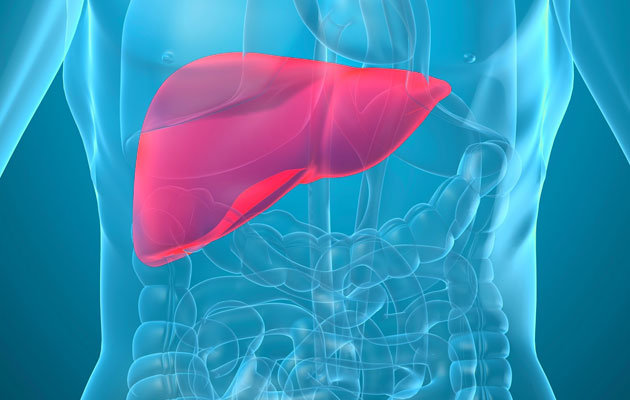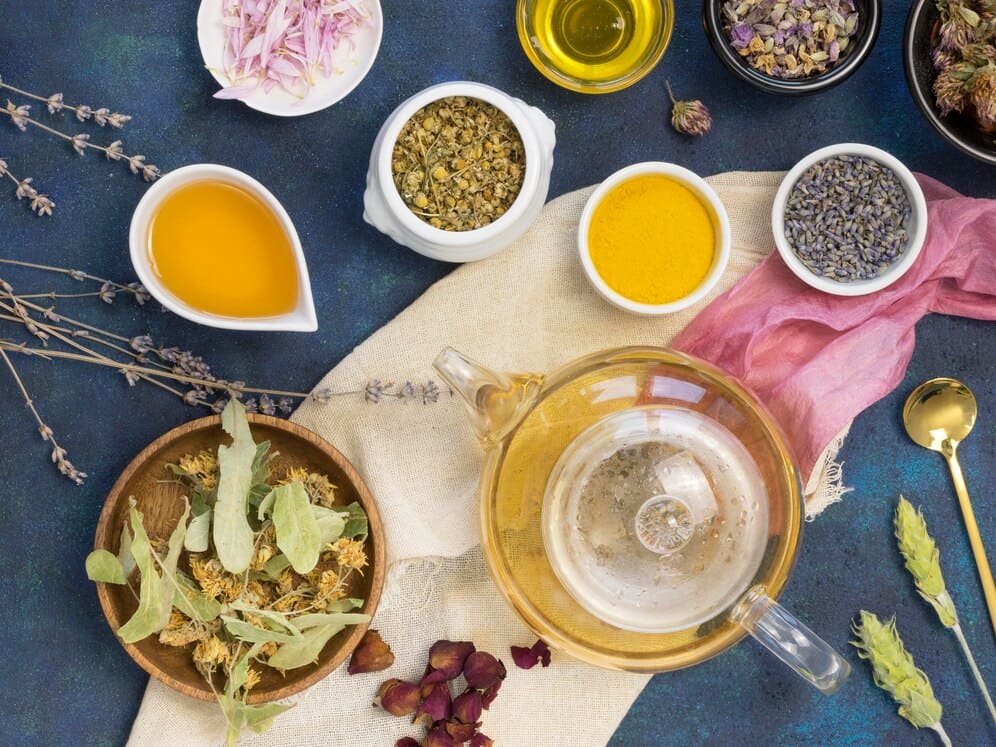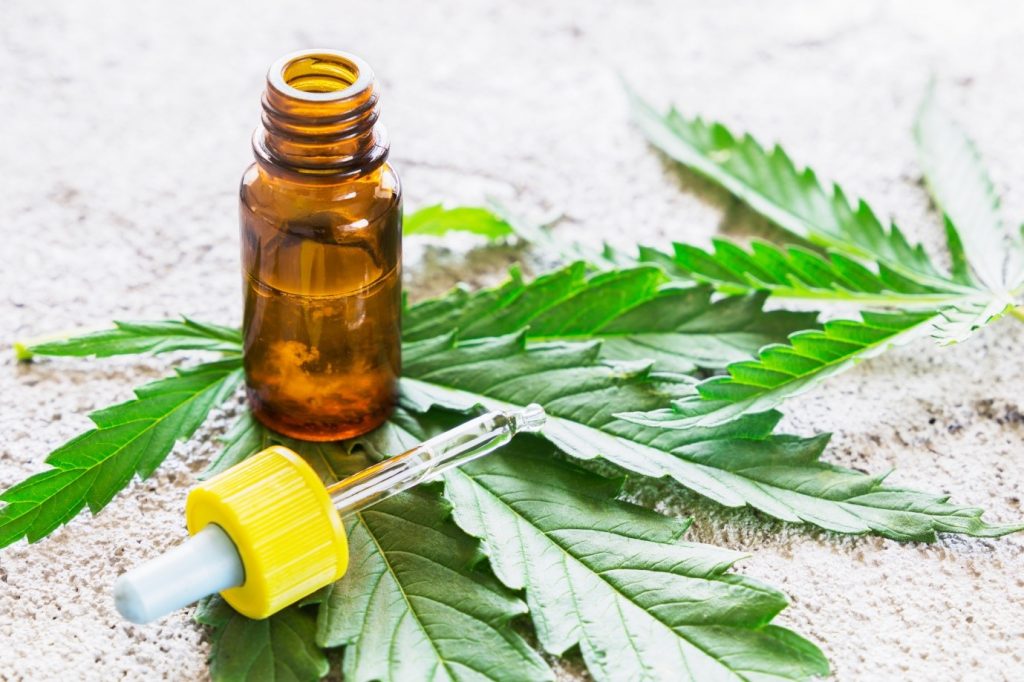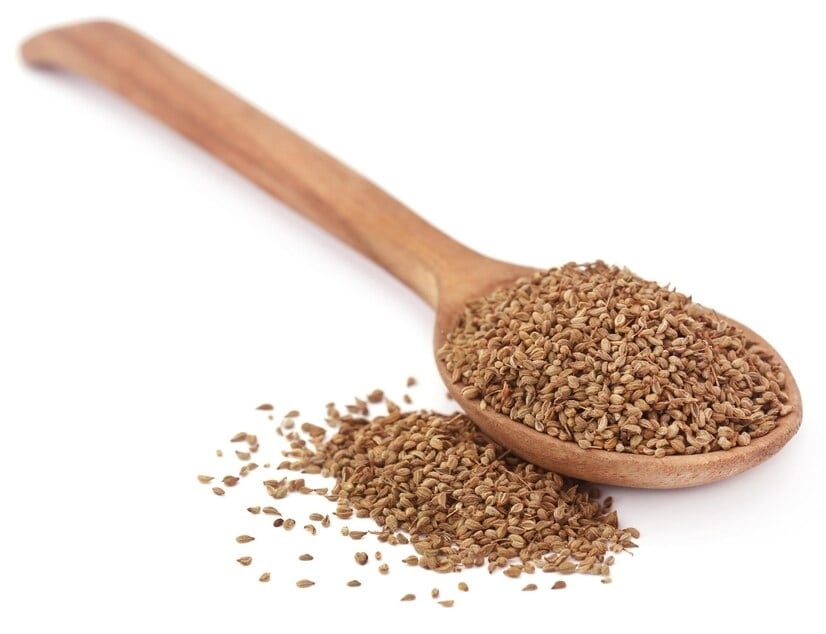How to take care of the Liver by the Natural remedies
Your liver also manufactures proteins and produces bile to help break down fats and clear bilirubin, a potentially harmful substance formed from the breakdown of dead red blood cells, from your blood.
Why Your Liver May Need Extra Support
It is your liver that is responsible for processing virtually everything you consume — protein, fat or carbohydrate — and turning it into glucose that is used as fuel. But, since everything you consume passes through your liver it means your liver is subjected to an array of toxins — pesticides, hormones, food additives, alcohol, medications, microorganisms, and more — on a regular basis.
Your liver will either convert these harmful toxins into less harmful ones or ensure they’re eliminated from your body entirely. However, inevitably some toxins get left behind, hiding in certain liver cells or creating free radicals that can damage your liver and your overall health. This is why it’s so important to support your liver health in every way you can.
The foods you eat, the medications you take, the drinks you consume … all of these take a toll on your liver health, but you can help keep your liver in top working order by following the simple steps below.
10 Tips to Protect Your Liver
1. Eat organic foods as much as possible
-
- Your diet represents one of the biggest potential burdens on your liver, as many foods are contaminated with pesticides, growth hormones and chemical additives.
- By eating organic you are opting for the purest foods possible, which means you’re saving your liver from a slew of toxins. By definition, organic foods must be free from genetically modified organisms, synthetic pesticides and fertilizers, antibiotics, growth hormones and other drugs.
2. Limit fructose, fried foods and processed foods containing trans fats or hydrogenated oils
-
- Two more dietary burdens to your liver are hidden in many processed foods on your supermarket shelves: trans fats and fructose. Trans fats are common in fried foods like French fries and doughnuts and are also found in cookies, crackers and many other processed foods. If the ingredient list contains “hydrogenated” or “partially hydrogenated” oil, it will contain some amount of trans fat. Fructose is also found in numerous processed foods as well as in soda and fruit juice.
- According to one study in the journal Hepatology, a diet high in fructose and trans fats leads to obesity and fatty liver disease.
3. Increase fruits, vegetables and other liver-boosting foods in your diet
-
- On the flipside, you can also use your diet strategically to support your liver health by eating plenty of fresh fruits and vegetables, which are naturally detoxifying.
-
- Specifically, sulfur-rich foods, such as onions, garlic and all the veggies in the cruciferous family (broccoli, kale, collard greens, Brussels sprouts, cabbage, cauliflower, etc.) are known to help your liver detoxify environmental toxins, including prescription drugs and pesticides. Vegetables are also an excellent source of fiber, which helps toxins to move through your digestive tract, reducing stress on your liver.
- Turmeric, cinnamon and licorice are also known to support healthy liver function.
4. Drink alcohol only in moderation (if at all)
- Alcohol can destroy liver cells and lead to liver damage that causes fatty liver, inflammation, alcoholic hepatitis or cirrhosis. If you already have liver disease, drinking even a small amount of alcohol can make it worse.
5. Use natural household products
-
- The more chemicals you are exposed to, the harder your liver has to work to keep you healthy. You can reduce stress on your liver by choosing for your home and natural personal care products for your body. Be sure your drinking water is free from contaminants and consider using an air purifier in your home, especially if you live in a high-traffic area. You’ll also want to avoid spraying pesticides in or around your home.
6. Detoxify your body regularly
-
- Your liver (along with your kidneys, blood, bowel, lymphatic system and skin) help your body process and eliminate chemicals in your sweat, urine and feces. Detoxing can help to support and enhance this natural process. For tips on how to help support your liver’s two-phase detoxification process, be sure to read
7. Be careful with medications
-
- Taking medications in improper doses, for too long, or mixed with other substances, such as alcohol or other drugs, can harm your liver. Acetaminophen (brand name Tylenol) is notorious for its potential danger to your liver, as overdose of this drug is actually the leading cause of acute liver failure in the United States.
-
- In fact, even when used correctly acetaminophen (in this case Extra Strength Tylenol) caused liver enzymes to increase three-fold beyond the normal upper limit, which is a sign of possible liver damage, according to one study. Some patients even had levels as high as eight times the normal enzyme level.
- So keep in mind that you need to be careful with medications as far as your liver health is concerned, and this applies to over-the-counter drugs like Tylenol as well as prescription medications.
8. Exercise
-
- Exercise is one straightforward way to lower your risk of fatty liver disease, not only by helping you to maintain a healthy body weight (obesity increases your risk of fatty liver disease) but also by leading to liver health improvements independent of weight loss.
- One study published in Hepatology even found that staying active for at least 150 minutes a week improved liver enzymes and other indices of liver function.
9. Avoid smoking
- Smoking may harm your liver’s ability to effectively process and remove toxins from your body. It can also make alcohol-induced liver disease worse.
10. Consider liver supportive supplements
-
- Certain high-quality supplements may help support liver health.
Milk thistle
-
- : Milk thistle seed extract helps to protect and promote liver health. Studies show that milk thistle:
-
-
- Protects and promotes the growth of liver cells
- Fights oxidation (a process that damages cells)
-
-
- by the National Institutes of Health also concluded that the supplement helped protect the liver via:
-
- An analysis of
16 milk thistle trials
-
-
-
- Antioxidant activity
- Enhanced protein synthesis
- Toxin blockade at the membrane level, inhibiting membrane peroxidation
-
-
- Research suggests that silymarins, a group of potent antioxidants extracted from the seeds of milk thistle, have antioxidant properties several times greater than that of vitamins C and E. Of the silymarins, silybin has been shown to be the most effective in promoting liver health, which is why you’ll want to look for a supplement with a high percentage of silybin.
Detox Nutrients: Detox Nutrients is a unique combination of amino acids, nutrients, and herbs created as vitamins for liver health support that also helps promote detoxification. Carefully selected, ultra-pure ingredients include the herbs Milk Thistle, Curcumin, Grape Seed Extract, and Green Tea, plus MSM. This powerful synergistic blend of antioxidants helps enhance the body’s natural defense systems and supports the liver’s primary detoxification pathways (phase I and phase II)
Alpha Lipoic Acid : Alpha Lipoic Acid is a powerful antioxidant that supports healthy liver function.
Remember, a strong liver is one of your best defenses against the toxins bombarding your body on a daily basis. A healthy lifestyle that lessens your toxic load while providing your body with high-quality sources of essential nutrients will keep your liver in top working order.




